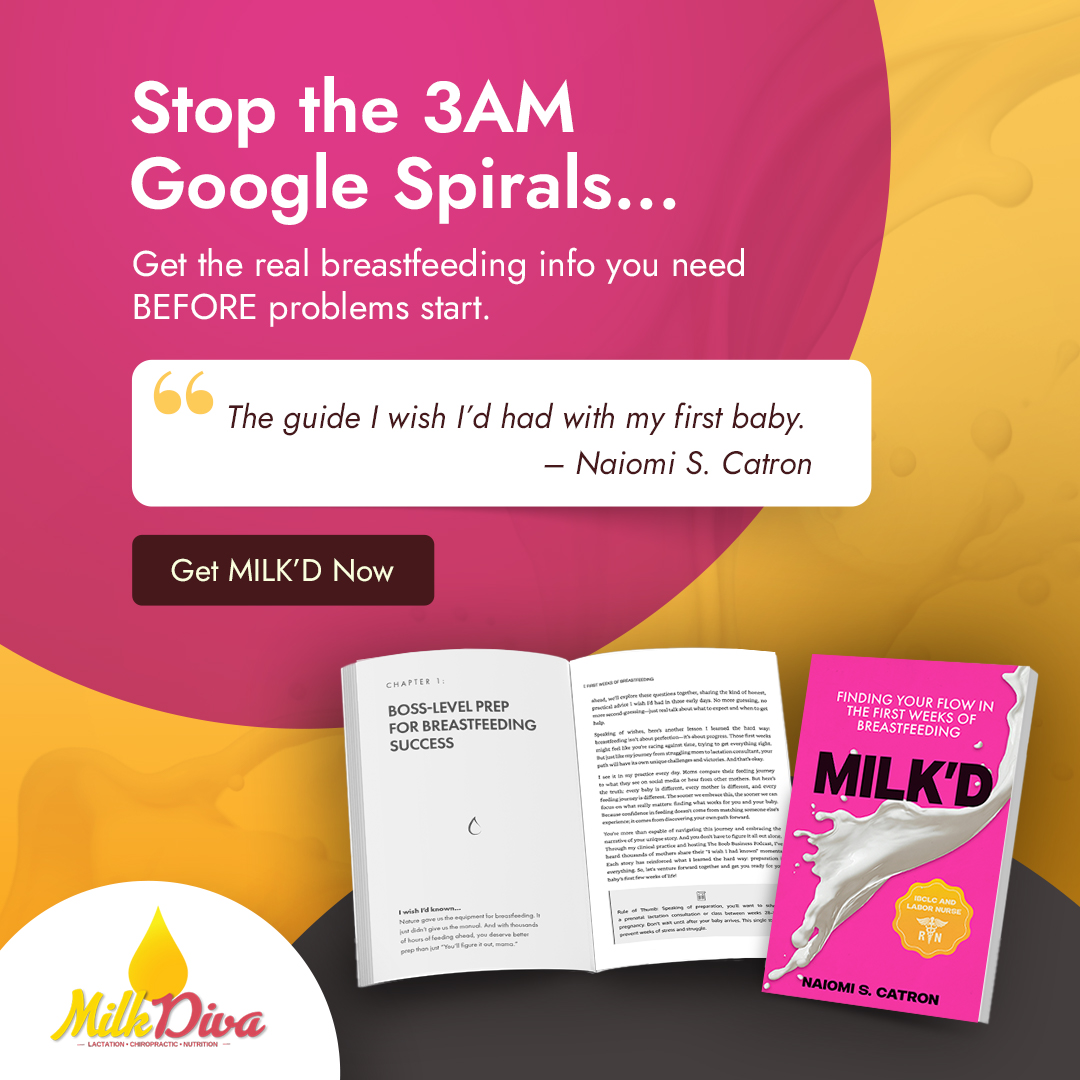
Having a baby changes everything - from your daily routine to your entire perspective on life. But while a lot of focus goes into preparing for labor and delivery, what happens after the baby arrives often gets overlooked. Postpartum recovery isn’t just about healing physically, it’s about knowing what’s normal, what’s not, and when it’s time to ask for help.
Let’s talk about how to tell the difference between what’s expected and what’s not, and most importantly, how to get the support you need right here in Austin.
What’s Normal, and What Are the Warning Signs?
Postpartum life is full of ups and downs. Yes, it’s normal to feel tired. Yes, it’s normal to have some swelling, soreness, and emotional shifts. But certain signs go beyond the usual recovery. According to leading experts like AWHONN (Association of Women's Health, Obstetric, and Neonatal Nurses), there are a few symptoms you should never ignore.
Let’s break them down:
- Chest pain
- Shortness of breath or trouble breathing
- Seizures
- Thoughts of harming yourself or others
- Heavy bleeding
- Incision or wound that won’t heal
- Painful, swollen leg
- High or low fever (a temp above 100.4°F or lower than 96.8°F might signal an infection)
- Persistent headache or vision issues (especially if meds don’t help)
If you or a loved one is showing any of these signs, don’t wait - get medical help right away.
Preeclampsia Doesn’t Always End at Birth
We usually think of preeclampsia as something that shows up during pregnancy, but it can sneak in after delivery too. It can cause dangerously high blood pressure and lead to serious complications if left untreated. The signs can be subtle (like swelling, headaches, or vision changes) so don’t second-guess yourself if something feels off.
Sepsis: When “Just Feeling Off” Isn’t So Simple
Postpartum sepsis is a fast-moving, life-threatening infection. It might show up as fever, chills, confusion, or a racing heart. These can be easy to miss in the blur of new-mom life, but catching it early makes a huge difference. Don’t hesitate to speak up if you feel “off” in a way that doesn’t sit right.
Mental Health Is Part of Postpartum Health
If you’re dealing with overwhelming anxiety, depression, mood swings, or scary thoughts, you are not alone. Postpartum mental health struggles are common and treatable. Whether it's the baby blues or something more intense like postpartum depression or anxiety, reaching out for help is a sign of strength, not weakness.
Education Makes All the Difference
We know moms are strong, but that doesn’t mean you have to tough everything out. When families and support systems know what to watch for, they can act quickly and get help when it’s needed most. Education and early intervention are key to preventing maternal health emergencies.
Let’s Keep You Thriving
Postpartum recovery is about more than bouncing back, it’s about honoring what your body has been through and getting the care you need. At Milk Diva, we’re passionate about making sure moms in Austin have the tools, support, and confidence they need for the whole postpartum journey. Our postpartum care focuses on more than just physical recovery. We recognize that this stage of life can bring emotional challenges, which is why we’re committed to providing a compassionate, supportive atmosphere. We take the time to understand each woman’s individual experiences and tailor treatment plans to address her specific needs.
If you are experiencing any concerning postpartum symptoms, we strongly encourage you to contact your healthcare provider. However, if you're seeking non-emergency postpartum support, lactation care, and a compassionate, judgment-free environment, Milk Diva is here for you. Schedule your consultation here, visit our Austin, Texas office, or call (512) 856-9878 to book the support you deserve.






